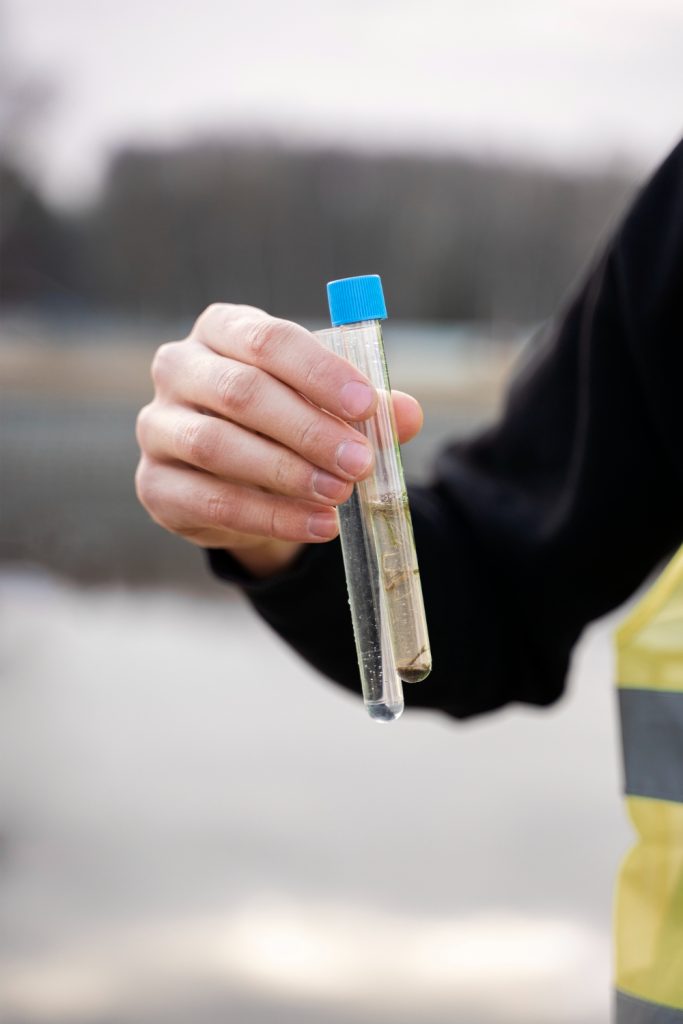Wastewater, which includes domestic, industrial, and agricultural runoff, can have significant impacts on the environment if not properly managed and treated. The effects of wastewater on the environment are broad-ranging and can affect various aspects of ecosystems, human health, and natural resources. Here are some of the key impacts of wastewater on the environment:

Water Quality Degradation: Untreated or inadequately treated wastewater can contain a variety of pollutants, including nutrients (nitrogen and phosphorus), heavy metals, pathogens, and organic compounds. When released into natural water bodies like rivers, lakes, and oceans, these pollutants can lead to a decline in water quality, making it unsafe for aquatic life and humans.
Eutrophication: Excessive nutrient levels, especially nitrogen and phosphorus, from wastewater can lead to eutrophication. This process involves an overgrowth of algae and aquatic plants, leading to oxygen depletion in the water. This can harm fish and other aquatic organisms, disrupt the balance of the ecosystem, and create “dead zones” where aquatic life cannot survive.
Impact on Aquatic Life: Pollutants present in wastewater can directly harm aquatic organisms. Toxic chemicals, heavy metals, and pathogens can lead to fish kills and harm to other aquatic species. The disruption of the food chain and the loss of biodiversity can have far-reaching ecological consequences.

Contamination of Drinking Water Sources: If untreated or poorly treated wastewater infiltrates groundwater or reaches surface water sources used for drinking water, it can introduce harmful pollutants and pathogens. This can compromise the safety of drinking water supplies, potentially leading to outbreaks of waterborne diseases.
Human Health Risks: Wastewater can contain disease-causing microorganisms, such as bacteria, viruses, and parasites. When these contaminants are not adequately treated, they can spread diseases to humans through contact with contaminated water, consumption of contaminated seafood, or exposure to polluted recreational water bodies.
Agricultural Impact: Agricultural runoff containing fertilizers, pesticides, and animal waste can contribute to wastewater pollution. When these pollutants reach water bodies, they can harm aquatic life and contribute to nutrient pollution, exacerbating issues like eutrophication.

Habitat Destruction: The alteration of water bodies due to pollution can damage habitats that support aquatic plants, animals, and other organisms. This can lead to the displacement of native species and disrupt the delicate balance of ecosystems.
To mitigate these negative impacts, proper wastewater treatment and management are crucial. Adequate treatment processes can remove or reduce pollutants before the wastewater is discharged into the environment.